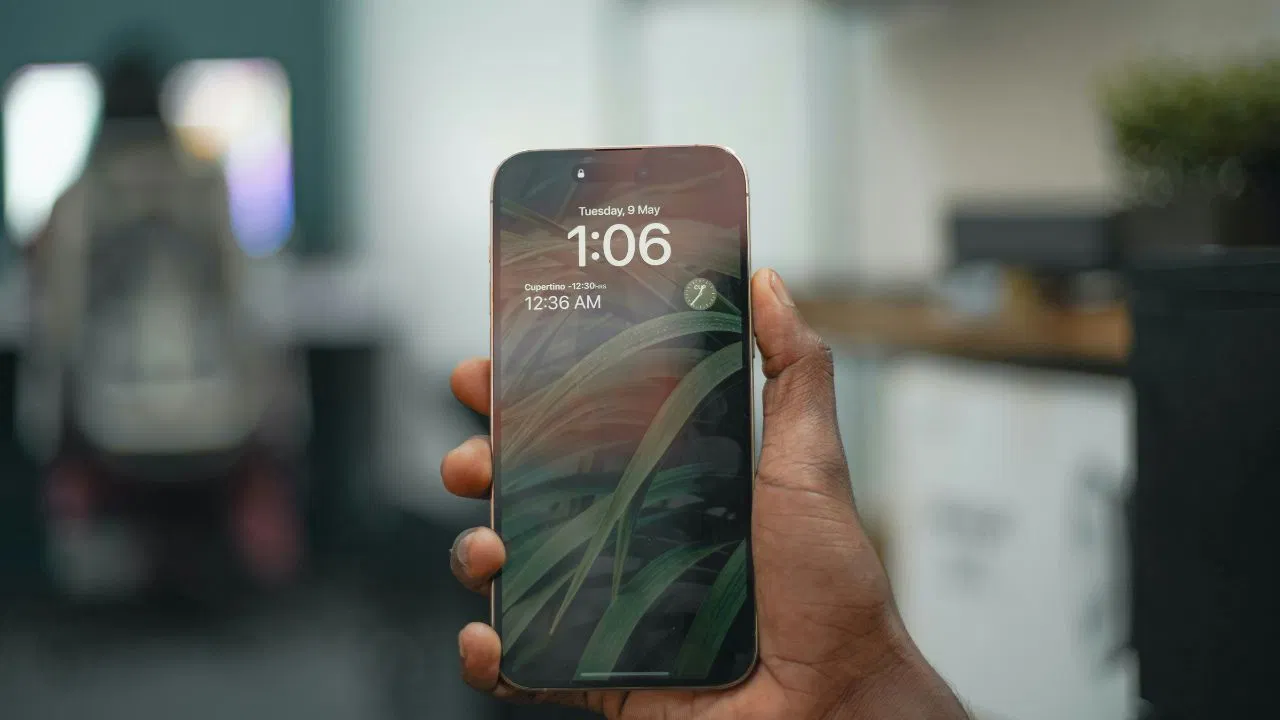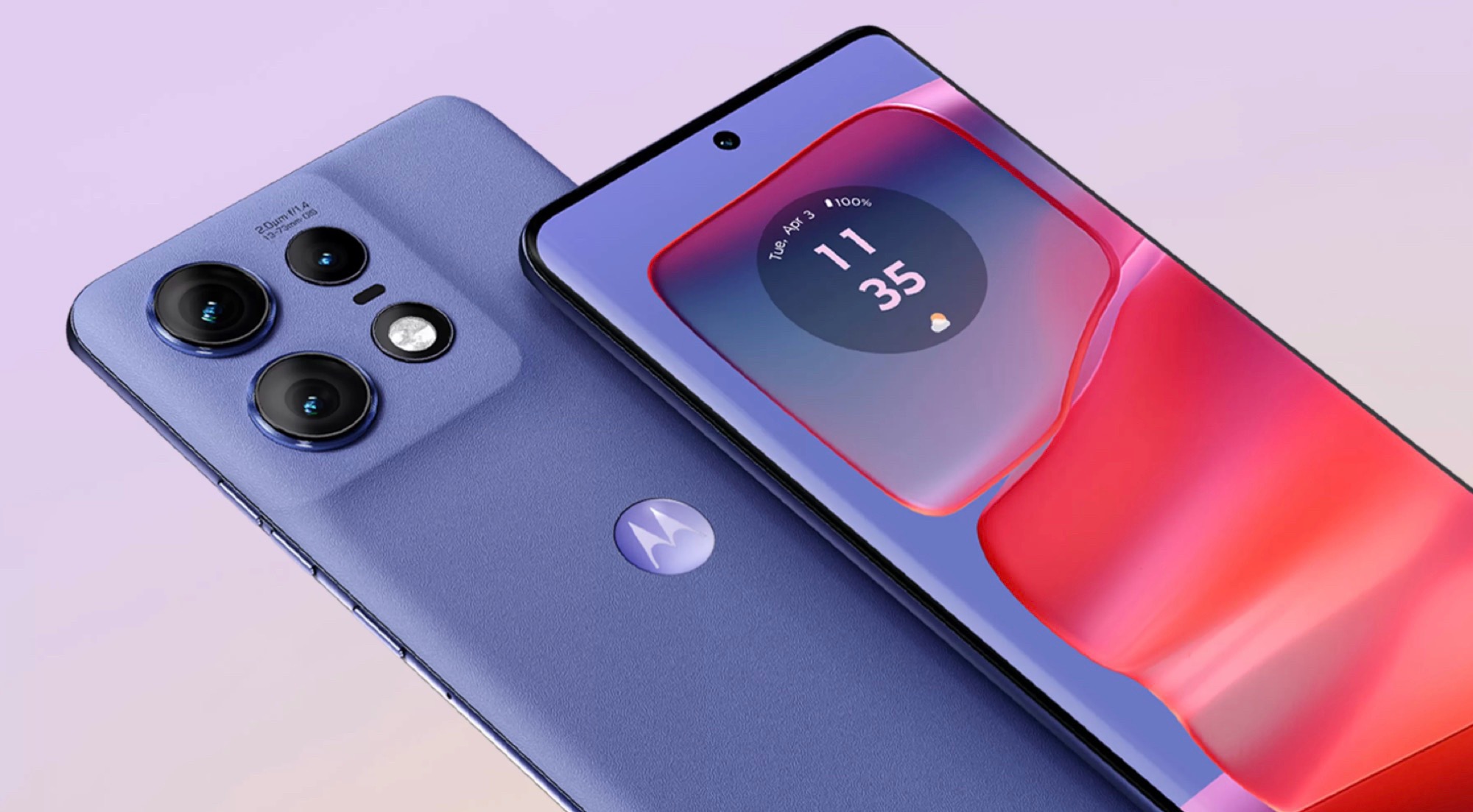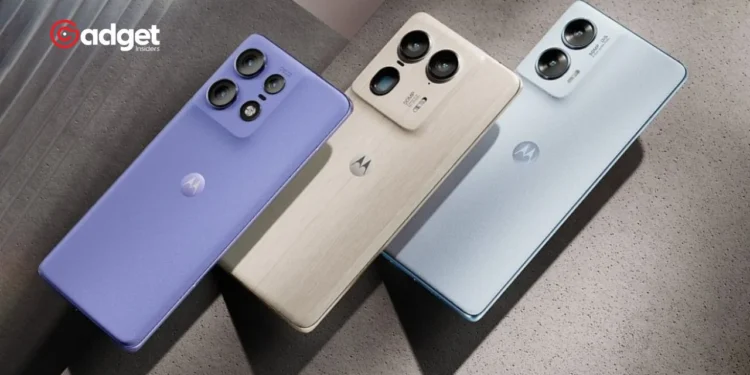In a recent twist in the technology sector, Lenovo and its subsidiary Motorola are grappling with a sales ban in Germany. This drastic measure comes as a result of an ongoing patent dispute involving their Wireless Wide Area Network (WWAN) module technology, owned by InterDigital. At the heart of this contention is a disagreement over the licensing fees required for using patented technology that is integral to a wide range of devices produced by the two firms, including the latest Edge 50 series.

The Court’s Verdict and Its Consequences
The Munich I District Court ruled in favor of InterDigital, leading to an immediate prohibition against the importation of any Lenovo or Motorola device equipped with GSM, UMTS, LTE, or 5G connectivity. This restriction spans across mobile phones, laptops, and tablets that utilize SIM or eSIM for network connection, significantly impacting the availability of popular devices in the German market.
In response to the court’s decision, Lenovo expressed its intention to appeal, citing what it perceives as an unreasonable financial demand by InterDigital for licensing what should be a standard, essential patent. The term “fair, reasonable, and non-discriminatory” (FRAND) surfaced frequently in court documents, pointing to a contentious debate over what constitutes fair licensing terms for crucial technology patents.

Market Impact and Industry Response
The ban restricts sales to only those devices currently held by independent merchants, causing an immediate scarcity of Lenovo and Motorola products on their official German websites. This development is not just a legal or financial setback for Lenovo and Motorola; it poses broader questions about the accessibility and future of technology under stringent patent regimes.
As the legal battle wages on, both Lenovo and Motorola have the opportunity to renegotiate terms that might allow for the continuation of their product sales in Germany. This situation underscores the delicate balance between protecting intellectual property and fostering innovation in the fast-paced tech industry.
Lenovo’s Pivot to Sustainability
Amid these challenges, Lenovo is making strides on another front with the launch of LISSA (Lenovo Intelligent Sustainability Solutions Advisor). This new AI-driven platform is designed to aid organizations in making informed, sustainable IT procurement choices. By leveraging Generative AI technology, LISSA provides insights into the potential environmental impacts of IT solutions, helping businesses reduce their carbon footprint through various sustainability initiatives.
🚨Breaking News: Lenovo & Motorola Face Sales Ban in Germany 🚫
In a significant legal setback, Lenovo and Motorola have been hit with a sales ban in Germany due to a patent dispute with InterDigital over WWAN modules.
The court ruled that Lenovo's use of patented technology… pic.twitter.com/Mqs9UAeikJ
— Autonomics Web (@AutonomicsWeb) May 13, 2024
Looking Ahead
The dispute between Lenovo, Motorola, and InterDigital brings to light the complexities of patent laws in the technology sector. As companies continue to innovate at a breakneck pace, the frameworks governing the use of patented technology will need to evolve. Meanwhile, Lenovo’s push towards sustainability with LISSA may not only help mitigate environmental impacts but also position the company as a leader in sustainable technology solutions amidst ongoing legal challenges.
This unfolding scenario will undoubtedly be a key topic of discussion at future technology summits, such as the Mobile World Congress, where industry leaders converge to showcase their latest innovations and tackle the most pressing challenges facing the tech world today.










